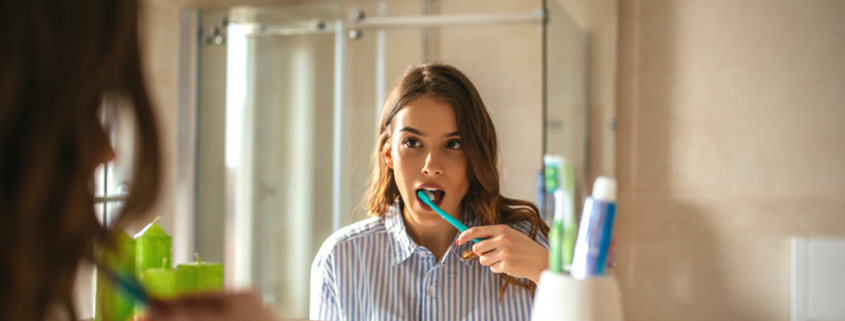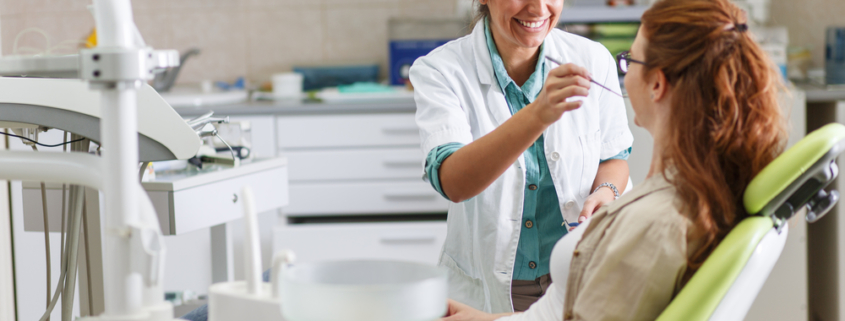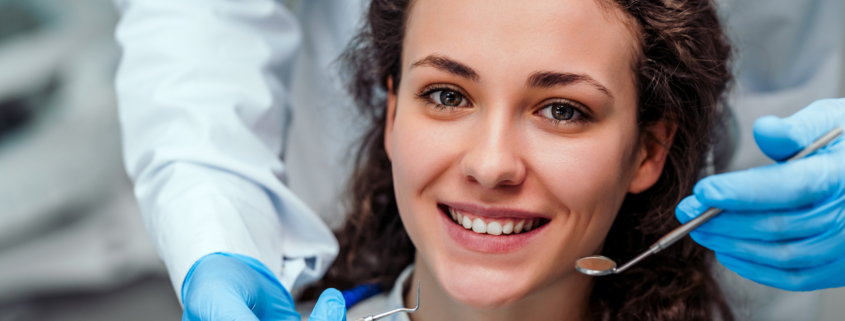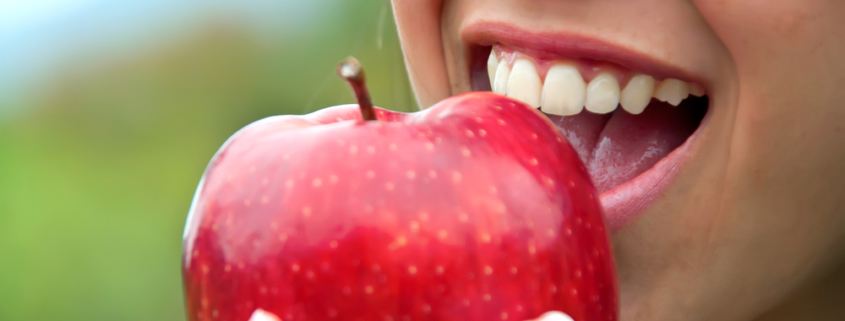Do Holistic Dentists do Cosmetic Dentistry?
The short answer is yes! The concept of holistic dentistry is relatively new, but all holistic dentists start as traditional dentists. What does that mean exactly? That means they can provide a selection of services, including cosmetic dentistry. Mandanas Dental is a holistic dentistry who uses a very unique approach to different treatments and solutions. Read below to find out more.
Looking to perfect your smile with a holistic dentist? Call us today!
How Holistic Cosmetic Dentistry Works
In a couple previous blogs, we have had the chance to deep dive into what exactly a holistic dentist is and how they differ from a traditional dentist. The short answer is that a traditional dentist, just like a holistic dentist, is able to perform your basic checkups, x-rays, and any dental procedures you may need. The difference is that a holistic dentist looks at not only your mouth and teeth but they can also can examine your whole body to provide other treatments you may not even known you need.
But how does this tie into cosmetic dentistry ? Well, a holistic dentist can do pretty much everything a traditional dentist does, but a holistic dentist just has a couple more benefits. At Mandanas Dental, we care about how you view your smile. If you are unhappy with your smile and are looking to enhance it, we will work to achieve only the best results, using the best practices.
The Benefits of Holistic Cosmetic Dentistry
There are endless benefits of cosmetic dentistry! Mandanas Dental is here to help you achieve the perfect smile and help you feel confident again. Check out the benefits of cosmetic dentistry below.
A Confident Smile
Holistic cosmetic dentistry can help you feel more confident in yourself by enhancing your smile. A smile is the first thing that other people notice when they are engaging with you. When you invest in holistic cosmetic dentistry at Mandanas Dental, we can provide you with a multitude of different services that work to fit your needs:
- In-Office Teeth Whitening
- Opalescence Take-Home Whitening
- Porcelain Crowns
- Veneers
- Tooth-Colored Fillings
- And more
A More Youthful Appearance
That’s right! If you’re looking to look and feel more youthful, holistic cosmetic dentistry is the solution. We understand that your smile is the most important to you, that’s why at Mandanas Dental we take pride in helping you achieve the best results.
Holistic cosmetic dentistry can help cover up any and all flaws that your previous set of teeth have endured throughout the years. Step into the spotlight and smile bright with cosmetic dentistry.
Improved Dental Health & Pain Reduction
Holistic cosmetic dentistry isn’t only meant to improve looks. It can also help improve your overall dental health. For example, if you are interested in getting porcelain crowns or tooth-colored fillings, not only will this make your smile better, but it will also work to protect against any tooth decay, gum disease, and even support your jawbone!
When your teeth are misaligned it can cause a plethora of issues for not only your mouth but can cause discomfort to the rest of your body such. For example, teeth misalignment may be an affect of sleep apnea. Holistic cosmetic dentistry works to properly align your teeth so you will not need to worry about pain or discomfort again.
Ready to invest in your smile and gain back your confidence? Contact us!
Smile Confidently Again with Mandanas Dental
Mandanas Dental works hard and is determined to get you the smile of your dreams. Let’s face it, everyone wants to feel confident with a bright smile – and we can help get you right back on track with feeling beautiful and youthful. Whether you are looking to get your teeth whitened or are ready for a full set of polished veneers, we are here to achieve your desired results.
Sometimes it’s hard to keep up and maintain your current set of teeth. For example, overtime, our teeth yellow or stain depending on the types of foods we eat no matter how many times we brush them. Our teeth chip and mishaps happen, but that is why our team of professional holistic experts are here to help you every step of the way. Show off your pearly whites and get your smile back today!
Want to show off your pearly whites and get your smile back? Book an appointment today!










